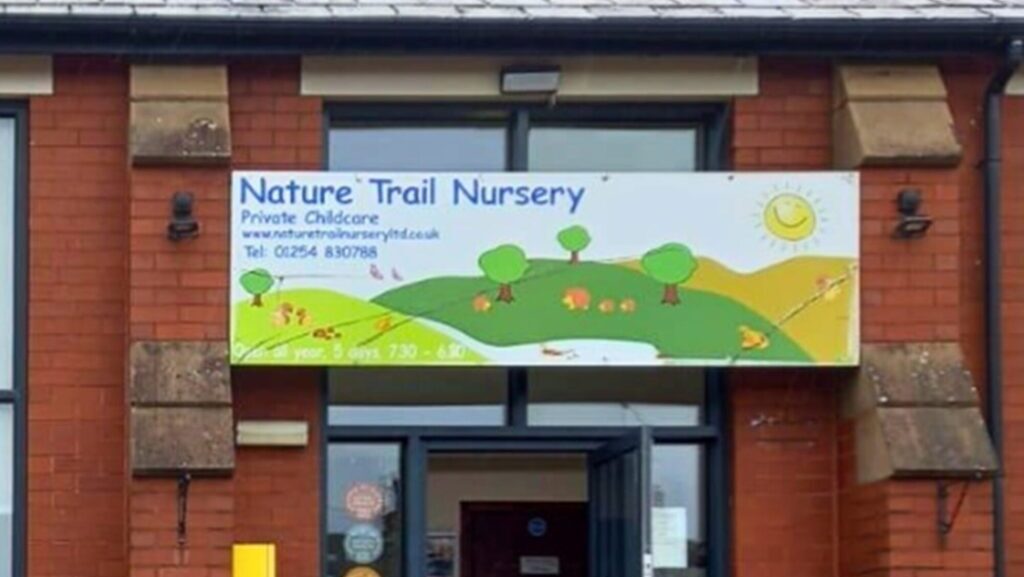Nursery group Partou has acquired Nature Trail Nursery Group which operates eight settings in Chorley and surrounding areas.
Ofsted aims to combat “childcare deserts” with new service

Ofsted is developing a tool which will being together information on children’s services and education in a local area to help target resources to areas of greatest need.
In its annual report, published this week, the inspectorate expressed concerns around “childcare deserts”, areas where many families struggle to access high-quality early childcare.
It said its own research on childcare accessibility, which showed “childcare deserts” were more likely to be in areas experiencing lower incomes and higher child poverty, would feed into “a new service we are developing to present everything we know about education and children’s services, by area.”
The inspectorate said: “This will help decision-makers target efforts and resources towards the areas in most need. It will also allow Ofsted to better consider the local context when we inspect and assess the quality of provision. For example, if there is poor-performing primary education in a given area, the tool might show that this stems from local weaknesses in early education.”
The annual report highlighted high staff turnover and difficulty with recruitment and retention in the sector. It also said “widely recognised cracks” in the special educational needs and disabilities (SEND) system start to show in the early years.
It said the vast majority of early years providers were doing a good job for children, but primary schools report that some children continue to lag behind with language, communication and social skills by the time they start school.
Sir Martyn Oliver, His Majesty’s Chief Inspector, said: “In the new year, Ofsted will formally consult on a renewed inspection framework for schools, early years, further education (FE) and skills providers, and initial teacher education. This will propose the introduction of report cards to follow all education inspections, offering more detail about a provider’s strengths and weaknesses.”
Purnima Tanuku, chief executive of National Day Nurseries Association (NDNA) said: “Despite many challenges and the current ongoing expansion, we are so proud of nurseries across the country 98% of which continue to offer good or outstanding provision to our youngest children.”
She added: “NDNA has been reporting on childcare deserts for years – our closures investigations have noted the links between areas of deprivation, low funding rates and reduced numbers of places. This is because nurseries in these areas have a large proportion of government-funded only children so can’t make up the shortfall in funding. This challenge continues to loom large, especially with the impending staff cost increases from April, and can only be fixed with sufficient investment in our children’s early learning.”
Neil Leitch, chief executive of the Early Years Alliance, said: “Ofsted is absolutely right to recognise the impact of staffing challenges on the sector and to identify access to provision for children from disadvantaged and vulnerable backgrounds as a key priority.”
He added: “There is a wealth of research showing just how it important it is to ensure that those from disadvantaged backgrounds have the opportunity to reap the benefits of a high-quality early education – and yet, in reality they are the most likely to find it difficult, if not impossible, to do so. And, as Ofsted rightly highlights, the sector’s ongoing recruitment and retention crisis has only made it harder for settings not only to meet demand but also ensure that every child benefits from consistent contact with a key person in their nursery, pre-school or childminding setting.”
Latest News
Ofsted has confirmed it will replace one-word judgements with a five-point grading scale from November, including a new “exceptional” grade.
Olivia Bailey, MP for Reading West and Mid Berkshire, has been appointed early education minister.



